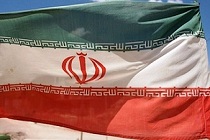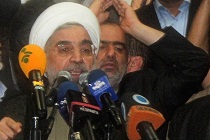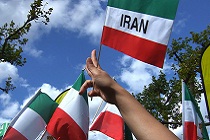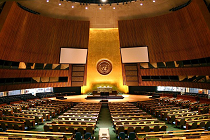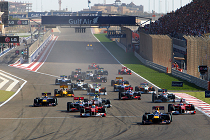In Iran now, will it be country before cause?
Hassan Rohani’s victory in the June 14 presidential election has demonstrated a growing urge among Iranians for democracy, freedom and integration with the outside world. Will Rohani be able to create an environment where pragmatic policies and national interests take precedence over revolutionary zeal?

